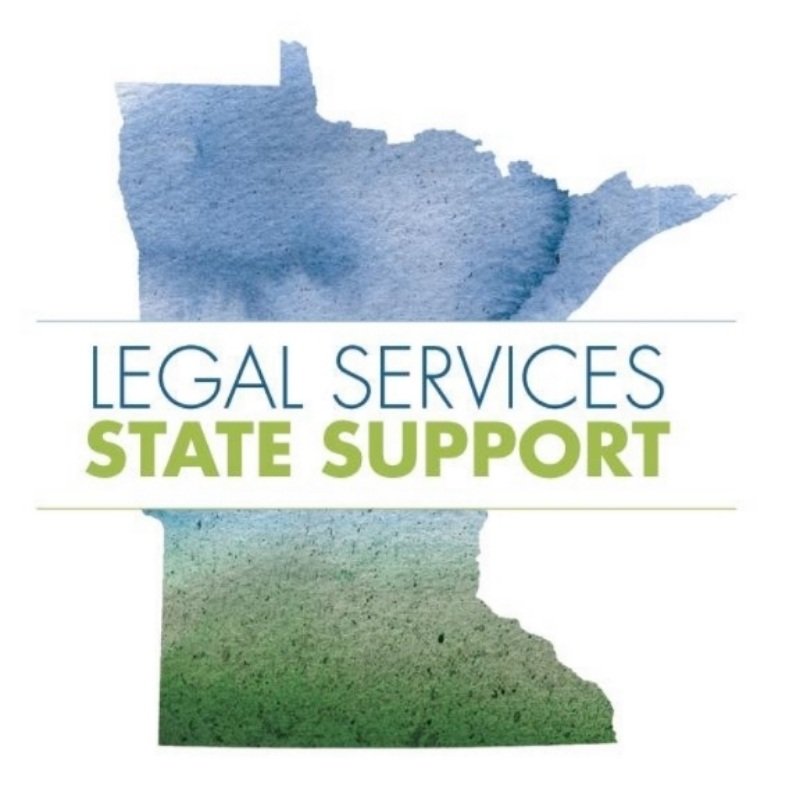The 2023 legislative session was historic. The well publicized “trifecta” produced perhaps the most momentous and transformative set of legislation in Minnesota’s history. Many major advancements for legal aid's clients, and all Minnesotans, that were enacted include paid family leave and earned sick and safe leave time; codification of reproductive freedoms; passage of significant gun safety laws; a 100% carbon-free energy requirement by 2040; and a massive affordable housing funding bill, which includes a permanent rental assistance fund.
While these broader issues captured headlines, the Legal Services Advocacy Project (LSAP) worked to pass a wide range of bills across a variety of substantive areas that made significant inroads in advancing protections for legal aid clients.
The first increase in General Assistance in 30 years;
Giving survivors of domestic violence a path to relief from “coerced debt”;
MFIP disregard for participants receiving RSDI;
Major MFIP sanction reform and MFIP drug testing repeal;
Banning school seclusion for children through 3rd grade;
Funding to fully fund wage supports for persons with disabilities holding subminimum wage jobs;
Extending the period within which to file a UI appeal to 45 days;
Providing for an annual COLA to the housing assistance grant;
Extending MNCare coverage to undocumented persons;
Providing for recertifications once every 12 months for MA recipients;
Removing asset limits for persons applying for MA-EPD;
Eliminating the requirement that tenants must pay back rent to assert a habitability defense;
Making eviction filings nonpublic until the court issues a final judgment;
Providing that the new 14-day pre-eviction notice is prima facie evidence of an "emergency" for purposes of emergency assistance eligibility;
Payday lending reform; and
Eliminating the court-imposed bar to taking actions under the Consumer Fraud Act.
LSAP — which is comprised of staff attorneys Jessica Webster, Ellen Smart, and Ron Elwood — annually champions both discrete and systemic policy issues that fundamentally impact the lives of thousands of Minnesotans. They work with lawmakers, legislative staff, government agencies, legal aid staff, and dedicated partner advocacy groups to design, negotiate, and refine hundreds of new and existing laws, and always with legal aid’s clients and mission guiding their work.



